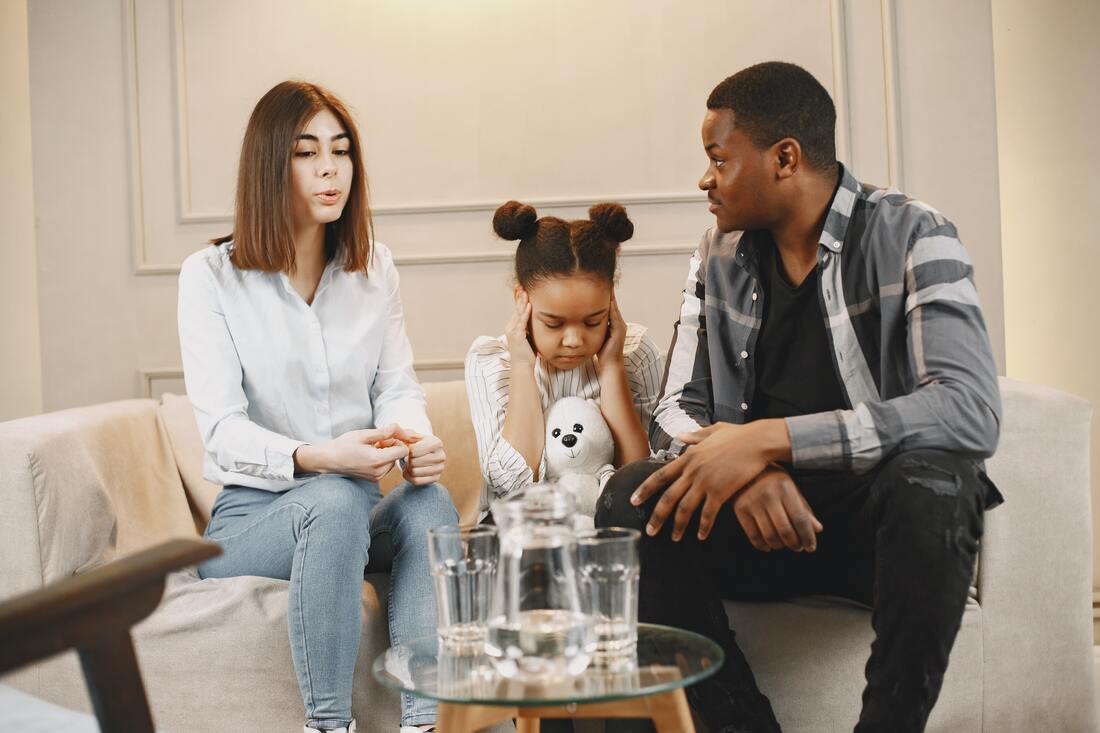|
The experience of losing a loved one to death, the many months and years that pass, are clearly profound, and often difficult times for families, including children. Talking to children about death is a difficult and sensitive topic for many parents. It can also build connection, trust and support within families. By having an open and honest conversation with your children, you can help them understand and process the loss of a loved one. In this blog post we will explore some tips for talking to children about death. Trust your own culture and family traditions, instincts, beliefs and spirituality. It can sometimes feel like we need a ‘best’ or a ‘normal’ way to approach the topic of death, but the truth is we are all learning to do this together. If you are unsure about how to talk to your own children about death, you may like to reach out for professional advice, but you may equally find the answers inside your family, a close circle of friends or your community. Use clear and age-appropriate language. When talking to children about death, it’s important to use clear language. It’s often best to avoid ambiguous language and euphemisms. Using phrases such as “went away” or “went to sleep” may lead to confusion and difficulty for children, given the overlap of these concepts with other everyday experiences. It is possible that this confusion might lead to more fear and anxiety, rather than understanding. Be honest and open It’s important to be honest and open with children, when talking about death. Children will naturally have questions, if not immediately, then after they have given things some thought. Children are very thoughtful and perceptive, if we are not honest they may sense that something is wrong. It can be best to be open with them, to build trust, encourage a sense of safety, connection and understanding. Validate their emotions. There is no rule book for feeling and navigating the profound experience of loss, and the feelings can change over time. Children may be watching other family members, and wondering if they are reacting ‘properly’. It’s important for children to know that there is no correct way to feel, that things may feel surprisingly easy for a time, or very difficult, on and off, for a while. Notice your own needs. Talking to children about death may be one of the most difficult conversations you ever have. Answering their questions, and validating their emotions, whilst organising and balancing all of the other needs and demands placed in front of you, is likely to have an effect on you at some point. It may be that you do well in the moment, and later realise your own needs, or maybe you need self-care, self-compassion and support right away. Either way, be kind to yourself, and seek what you need, when the time is right for you. Seek professional help if necessary. Experiencing great challenges and changes in these major life moments is normal. Supporting children through these moments is also normal. However, if your child is having a hard time coping, and you feel like you could use some extra support, a psychologist can support parents, help your child process their emotions and develop healthy coping strategies. Tim Walker
Psychologist Comments are closed.
|
Categories
All
|
Hopscotch & HarmonyAt Hopscotch & Harmony Psychology, you can expect compassionate care and evidence-based guidance on your journey to wellness.
With clinics in Werribee and Belmont, as well as providing online counselling to clients who live throughout Australia, our dedicated team of psychologists and dietitians are committed to providing support to children, teenagers and adults. With a focus on understanding your unique needs, we offer tailored solutions to foster growth and resilience. Trust in our experience and dedication as we work together towards your well-being. Welcome to a place where healing begins and possibilities abound. |
Our services |
Contact usHopscotch & Harmony
Child, Teen and Adult Psychology Our Locations:
WERRIBEE: 1/167-179 Shaws Rd
BELMONT: 92 Roslyn Rd AUSTRALIA-WIDE: Online counselling |
Hopscotch and Harmony respectfully recognise the Aboriginal and Torres Strait Islander people as the first Peoples of the continent now called Australia.
We acknowledge the Bunurong and Wadawurrung people of the Kulin Nation, the traditional owners of the land on which we work, and pay our respects to their Elders, past, present and emerging.
© 2024 Hopscotch and Harmony Pty Ltd


 RSS Feed
RSS Feed
